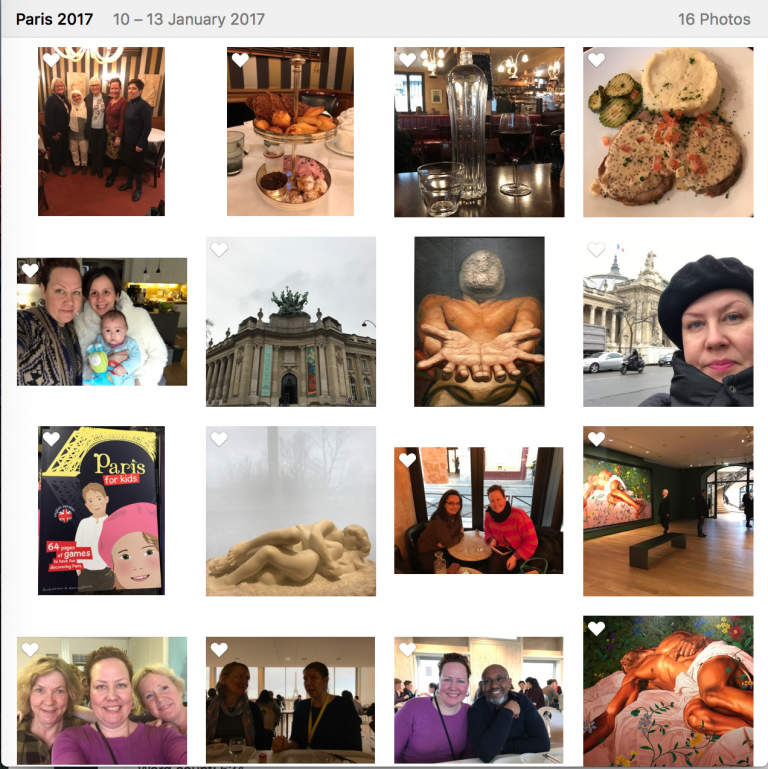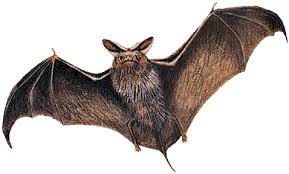After a work meeting in the beginning of January, I got to spend a few days in Paris. I shared my experience on Instagram, but typing on my phone in the chilly winds of Paris, I might have left out some details.

Here are my Paris takeaways:
Paris, the city of AMOUR
Even when it rains sideways, this is such a romantic city. The warm lights from the vintage streetlights, the cafes with lovers everywhere, and the sound of the inexplicably romantic French Oui, Oui, mon cheri! Over 10 years ago, when I first started blogging (my first blog post was the complete lyrics of an Edith Piaf chanson) I lived in Paris for 5 months. I did not have any exciting French affairs, but as the city slowly melted (I was there Feb-May) and trees started to blossom, strolling passed La Tour Eiffel, Odeon, Pont Neuf, I was convinced – Paris is the city of romance and amour.
Paris, the city of ART
I saw an art exhibit at the Grand Palais where I do not think I ever went before. The magnificent neoclassical styled building hosted the Expo Mexique (hashtag #ExpoMexique) which covered the dialectic art between France and Mexico in the time period 1900-1950, of course including the world famous artist couple Frida Kahlo and Diego Rivera. But much more, it contextualized their work in very interesting ways. I came out with ideas on the political aspect of art and the fact that Kahlo was very much in the centre of a movement, not a unique painter. I crossed the street to Petit Palais and saw Kehinde Wiley’s (follow on Instagram @kehindewiley) political, contemporary art where black bodies have been painted exquisitely and in very large scale into poses usually reserved for the (white) upperclass and (white) saints. Set in detailed ornamented rich, rich, rich backgrounds. Bliss.
Paris, the city of CHEESE
I learned that people in Paris really eat cheese everyday. It is done in a low key way, just munching on a few cheeses after dinner or lunch, of course after that comes the dessert! After my small introduction into the world of cheese by Monseigneur Raphael, I was immediately inspired and bought a 24 month old Compte hard cheese and two goat cheeses, a Mothais a la Feulle and a Crottin de Chavignol. (Links to an interesting online cheese resource I just found!)
Paris, the city of FRIENDSHIP
When I lived in Paris in 2006, it was the beginning of my blogging days, it was also days of important friendships. This time I made new friends and importantly also was able to meet some old ones. In much it was like no time had passed. Although our lives had moved on, our conversation just started from where we were back then. How lovely is not that?
Paris, the city of RACISM and SEXISM?
Not all is dandy and well in Paris, the entire central city seems to be marred with the male white gaze and voice. I saw sexist adverts that would not fly in other places, rode very internationally looking metros to come up to a very white world above ground, and was struck by how on TV there were so many ugly, white men…
Paris, the city of DID I ALREADY SAY FOOD?
In France, the petit dej’ or breakfast is a croissant, a full fat delicious yoghurt, a cafe creme, that is; to die for. In France, you order a Menu including a glass of red wine and a starter FOR LUNCH. In France they have a dessert that is called Cafe Gourmand which is – hold on tight – three! OR MORE! different! desserts! in one order! The capital of France is Paris, hence the center of some of the best inventions in food are concentrated here.
Next Time in Paris?
Next Time I go to Paris, I think I might stay a little longer, bring my family (to make the place a bit more female and a bit more brown-skinned), eat more croissants…


 Since I was a little girl, I have been interested in bats. I’m not sure exactly why, but it seems they are animals that do everything “the other way” – sleep in the day, fly around at night, snuggle comfortably upside-down, eat either BLOOD or was it fruit? – and that is all interesting, don’t you think?
Since I was a little girl, I have been interested in bats. I’m not sure exactly why, but it seems they are animals that do everything “the other way” – sleep in the day, fly around at night, snuggle comfortably upside-down, eat either BLOOD or was it fruit? – and that is all interesting, don’t you think?



